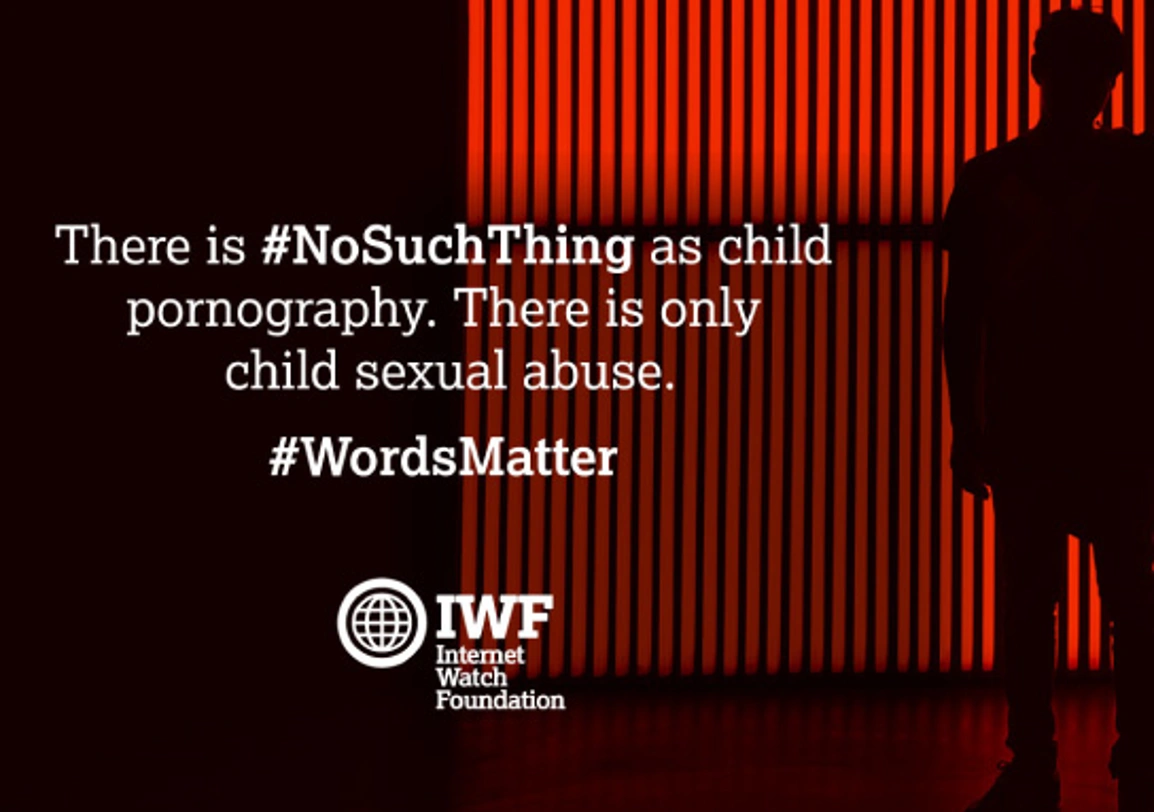
Why We Need to Speak with One Voice on Children’s Online Safety
Parents across the world are calling for clearer, stronger action to keep children safe online.

Published: Fri 1 Nov 2019
Every day at the Internet Watch Foundation we see the victims of this abuse. These are not holiday pictures, or snapshots of children doing innocent, mundane activities. These are records of the most depraved and haunting aspects of our society, as adults torture, rape and abuse the most innocent for their own sexual gratification.
This abuse cannot be trivialised. Each year the problem grows, as more and more children are revictimized and the number of known images and videos of this abuse steadily rises.
By using the terms ‘child pornography’ or ‘child porn’, media outlets are relating this abuse to pornography – a commercialised industry in which adults’ consent to being filmed and are paid for their work. But children cannot consent to their own abuse. Nor for it to be distributed across the globe, traded amongst paedophile groups and accessible to billions of internet users.
Today, the IWF is launching a campaign to address the use of language. Currently, the use of these terms is widespread by both the public and the media; over the past four weeks we’ve spotted the use of these terms in Britain’s biggest publications, including The Metro, The Daily Mail and The Sun.
The language used in papers trickles down into everyday use. It frames the conversations we have, the way we think and how we see the world. These outlets reach millions of people across the UK – they can be found in towns, cities and villages, on kitchen tables and hotel lobbies. And in all these arenas, they are reinforcing the idea that child sexual abuse can be consensual. They are diminishing the crime and perpetuating this abuse.
The IWF, alongside Embrace and the Marie Collins Foundation, are calling for:
We can do so much more together.
Find out more about the campaign here.

Parents across the world are calling for clearer, stronger action to keep children safe online.

The debate on the EU’s proposed Child Sexual Abuse Regulation (CSAR) has been dominated by one loud slogan. A slogan which may have dire consequences for the safety and wellbeing of millions of children worldwide.

Three years ago, when Pinsent Masons set out to unite their communities to raise money for the Internet Watch Foundation (IWF), no one could have predicted how far their idea would go or how many people would still be moving for the cause three years later.